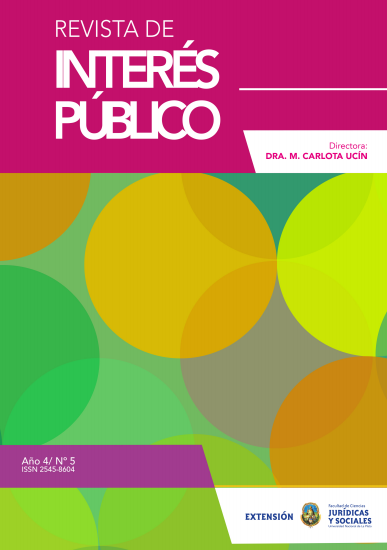Rights beyond the courtroom
a case study compared between Brazil and Colombia
Keywords:
The role of Constitutional Courts, Raposa Serra do Sol Case, Rights enforcementAbstract
The judicial litigation on socio-economic rights has assumed greater importance in the last two decades. This tendency to seek social change through the courts generated a long tradition of research on the role of political and institutional actors and legal mobilization in the enforcement of rights in US, some European countries and recently in the Global South. However, a significant portion of the Brazilian constitutional doctrine remains oblivious to investigate the phenomenon of constitutional judicial litigation of socio-economic rights, in a practical and empirical look, from the functioning of democratic institutions. The lack of empirical studies in Law in order to verify this hypothesis justified the adoption of the case study as an interdisciplinary methodological strategy between Law and Political Science. As a result, the Supreme Court had not been identified as an autonomous agent capable of implementing a relevant social change and ensure the protection of social rights, because there were few measures that impacted directly on the behavior of other institutional political actors and should therefore be considered just another actor within a complex institutional arrangement. Keywords: The role of Constitutional Courts; Raposa Serra do Sol Case; Rights enforcement.
Downloads
Metrics
Downloads
Published
How to Cite
Issue
Section
License
El envío de un trabajo para ser sometido a evaluación y ulterior publicación, importa la cesión a la Revista de los derechos de publicación y la aceptación de la difusión del mismo a través de internet y de aquellos indizadores y bibliotecas virtuales de los cuales la Revista forme parte en el presente o en el futuro. El autor por lo demás, conserva su derecho de propiedad sobre la obra y resulta exclusivamente responsable por las opiniones vertidas en la misma así como por el respeto de los derechos de propiedad de otros autores.

















